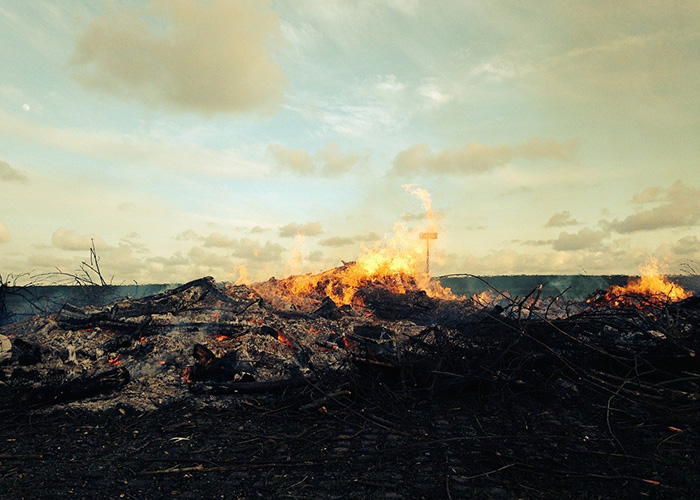
Headline news was made recently when former Daily Show host Jon Stewart endorsed a new bill sponsored by Senator Kirsten Gillibrand, D-NY and Representative Raul Ruiz, D-CA called the Presumptive Benefits for War Fighters Exposed to Burn Pits and Other Toxins Act of 2020, which would establish service connection for illnesses caused by veterans’ exposure to burn pits and other toxins during service. This came on the heels of a report published by the National Academies of Sciences, Engineering, and Medicine (NASEM) on September 11, 2020, which concluded that insufficient evidence existed to establish a link between exposure to burn pits and “adverse respiratory health outcomes.”
The report’s publication wasn’t shocking so much as it was disappointing, especially for the thousands of veterans who have tried and failed to process VA disability claims for illnesses they believe were caused by exposure to burn pits. According to Stars and Stripes, between 2007 and 2020, 78% of VA disability claims relating to burn pit exposure were rejected. Until a presumptive service connection is established, veterans suffering from respiratory illnesses, cancers, or other conditions must go through the claims process on their own, hoping their medical records, service records, and circumstances add up to an approved claim and compensation. For that reason alone, representation from a qualified attorney may be necessary to ensure veterans get the healthcare and compensation they deserve.
Burn Pits Explained
So what are burn pits, exactly? They are open air pits used by the military for the burning of waste, and that means all kinds of waste. Human, food, and medical waste, chemicals, paint, petroleum, lubrication products, munitions and unexploded ordinance, plastic, rubber, and wood. As such, a burn pit can expel a number of toxic chemicals, pollutants, and carcinogens into the air. Burn pits became a common method of disposing of waste during the wars in Iraq and Afghanistan, but were used regularly during Operations Desert Shield and Desert Storm in 1991-1992.
A number of adverse health conditions are associated with burn pit exposure, some mild and temporary like nausea, headaches, and irritation to the respiratory tract, eyes, nose, and throat, and some more severe and chronic. The severe conditions are what concern veterans, and for which they’ve been struggling to receive proper compensation. Chronic conditions may affect the respiratory, gastrointestinal, peripheral nervous, and cardiovascular systems, and include leukemia, bronchitis, and bronchiolitis.
The problem has grown to such an extent that commentators are making striking comparisons to another longstanding tragedy for veterans’ health and safety. Iraq and Afghanistan Veterans of America (IAVA) doesn’t mince words: “Burn pits… are the Agent Orange of our generation.”
No Service Presumption, Little Benefits Paid
Despite the VA’s creation of the Airborne Hazards and Open Burn Pit Registry, a voluntary registry that helps you track your condition and collects your medical data for research purposes, most veterans fail to get claims approved for conditions likely caused by burn pit exposure. The lack of service presumption — such as the one granted to the effects of Agent Orange — means that veterans are on their own when it comes to filing a claim for conditions they believe to be connected to burn pit exposure.
NASEM is clear in its report that insufficient evidence exists to establish a strong enough connection, but that doesn’t mean a connection doesn’t exist. One of the reasons for the burn pit registry is to collect data that can help test that hypothesis. Although that leaves hope for the future, it’s of little relief to veterans who suffer today.
Assistance With Your Claim
A slew of legislation has been passed and continues to be proposed to grant relief to veterans exposed to burn pits since the early nineties. But until service presumption is granted to certain conditions related to burn pit exposure, veterans must be diligent when filing your claims. If you believe you are suffering from a condition caused by exposure to burn pits in Iraq or Afghanistan, and you need help filing or appealing your claim, don’t hesitate to call us at 844-VET-LAWS. We will present the strongest case for your right to compensation.



